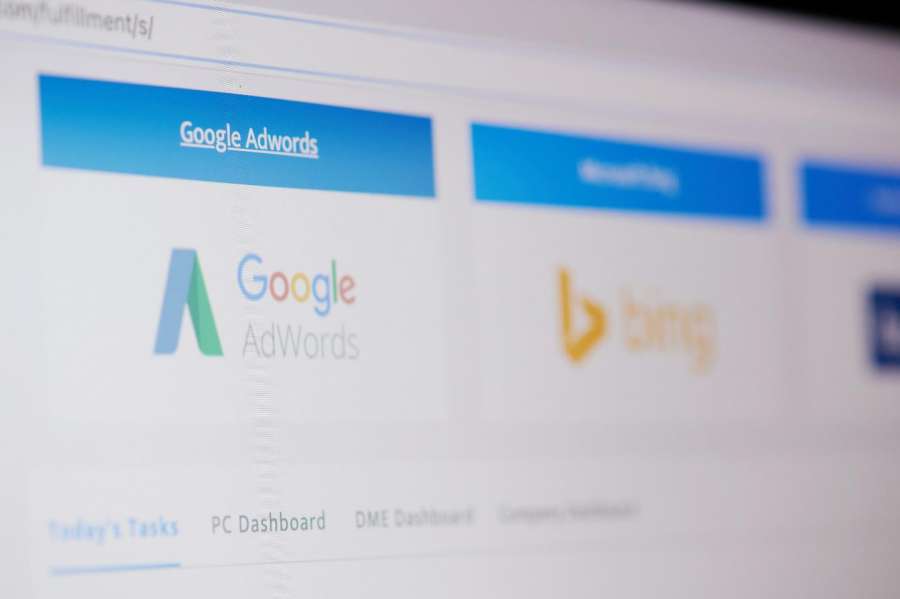Google vs. Bing for SEO
For most marketers, the term Search Engine Optimization is more or less synonymous with Google. The fact that half of the world runs to the Google search bar for every little thing means that it is always at the forefront of our brains when it comes to optimizing our websites for better ranking. I mean, with Google’s advanced voice search, video search, and image search – what other option do we have?
Prioritizing Google and treating it as your default search engine is all fine and dandy – until you’re faced with the need to gain a competitive advantage over other organizations. As shocking as it might sound, SEO for Google is simply not enough if you want to present your company with the perfect marketing strategy.
Enter Bing.
Bing – how many of us actually make it an active part of our marketing strategies?
The truth is you should be paying a lot more attention to Bing. But why?
We’ll get into that later. But first, let’s settle the Google vs. Bing battle – once and for all
Google vs. Bing: Differences Between Bing SEO and Google SEO.
Although both Bing and Google are search engines and are therefore very similar in principle., they differ monumentally in terms of their algorithms for SEO. The key ranking factors for Bing are considerably different from those for Google, and the features offered by Google Ads are not the same as the ones provided by Bing Ads.
For example, while both search engines favor brands over other websites, Bing tends to prioritize older sites that have domain names like .edu or .gov. On the other hand, Google is more likely to favor commercial websites that are newer and fan-favorites. In short, Bing prioritizes factual relevance on its results pages, whereas Google prioritizes social relevance.
However, Bing gives way more importance to social media signals than Google! The pages that are ranked higher on Bing tend to have a higher number of tweets, re-shares, and likes. The more a website is shared on social media, the more likely it is to perform well for Bing SEO. In this round of Google vs. Bing, Bing is a lot more favorable.
Although both Bing and Google search gives value to page authority, it is a lot more critical for Bing’s results. This means that newer sites will have a lot more difficulty making their way to the top on Bing search results to achieve their digital marketing goals.
And another important thing that Bing considers is the click-through rate and cost per click CPC of your website. The more people you get to click on your links, the better treatment you’ll get from Bing. For you, it means that extra effort should be given to meta-descriptions, headings, and subtitles!
However, despite there being prominent differences between Bing and Google, basic search SEO for both of them is somewhat similar when you get to the bottom of it. Which is a good thing – after all, what’s better than to kill two birds with one stone?
Why Bother with Bing SEO At All?
At this point, you must be wondering why bother with what Bing offers at all?
Well, as I mentioned earlier, using Bing sets you apart from the rest. While your competitor is outpouring all his efforts on Google SEO, you can make the intelligent choice and optimize your website for both Google and Bing.
When it comes to the search engine market, Yahoo and Bing users together have the second-largest grip on the total search market share. If you step ahead and optimize Bing while your competitor doesn’t, you’re essentially presenting your website to additional searchers and are therefore setting yourself up for success!

For now, the people who use Bing are likely to be right-leaning and slightly less tech-savvy (think of people who still use Internet Explorer, MSN search, and Microsoft Advertising) – so if your ad campaigns are targeting those people, Bing will be helpful. In short, it enables you to reach a completely different demographic and can take your business the extra mile it needs to cross for long-term advantages.
Google vs. Bing – Final Thoughts
As a marketer, you know that the industry is unpredictable. Bing is growing, and who knows what it has in store for us in the future?
So, jump ahead of your competitor today – pay attention to Google, but also to Bing. Trust me; it will pay off!



